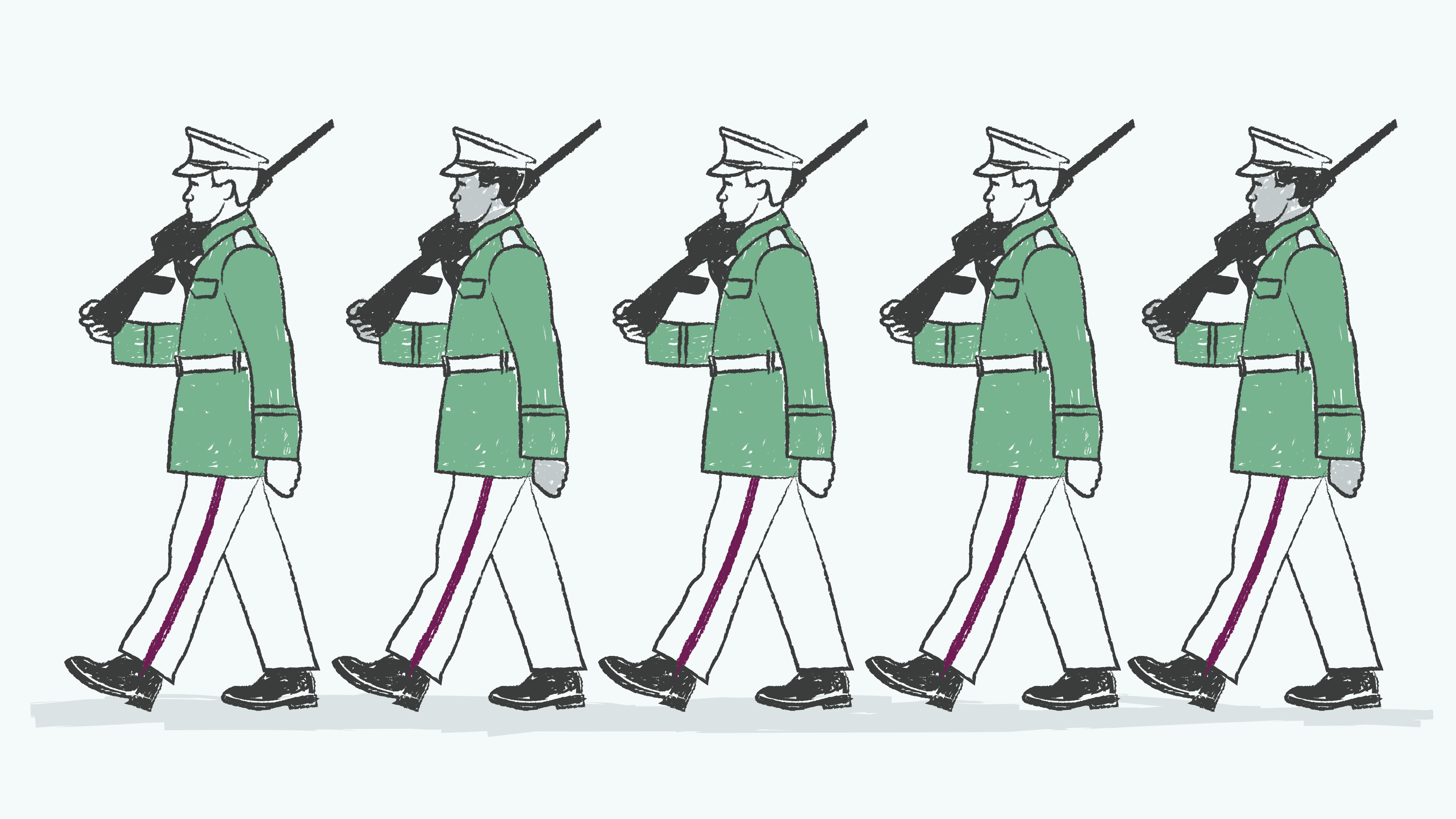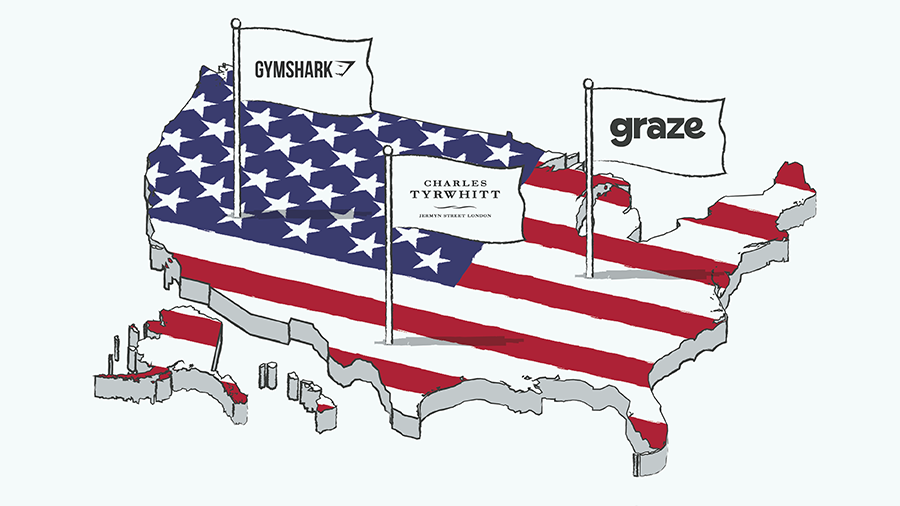
Something that once was used to store several decades’ worth of half-read family Christmas presents suddenly became a prestige piece during video calls.
A little game developed where eagle-eyed, amateur psychologists tried to discern a CEO, politician or professor’s character traits based on his or her book collection. The more erudite, usually, the better.
One thing that quickly became apparent was the penchant for leaders to read (or at least display) tomes on military history. This wasn’t coincidental.
Military language is everywhere in business. We devise ‘strategies’ (from the Greek for general), broken down into tactics, to help companies and divisions to reach objectives. We seek to defeat competitors, to put them out of business, to take a commanding position in the market, to win victory.
I can’t help but wonder whether the harsher edges of modern business might be softened if CEO bookshelves were full of books on irrigation or crop rotation instead.
Traditional farming provides an alternative template for business that is in many respects far healthier. It is rooted in sustainability – good harvests mean nothing if the soil is eroded for the next generation. Farmers don’t command their crops, they cultivate them. They create conditions for growth.
They recognise the value of collaboration over cutthroat competition, historically collectively maintaining local water supplies, roads, bridges and marketplaces as common resources that benefit all.
They understand that a peer failing can be a threat to the ecosystem as much as a step on their own path to victory.
You can see this attitude at work in Germany’s Mittelstand companies, which famously invest in the workforce through apprenticeships, not just for their own benefit but for the long-term health of the local economy.
It’s a far cry from getting up in the morning with the singular mission to capture market share at all costs, an attitude that logically terminates in the stagnation of monopoly.
Of course, I wouldn’t dream of suggesting the military has no lessons to offer. As we’ve seen from the Ukraine conflict for example, so much battlefield success comes down to the nitty gritty of training and logistics, even if those never make it into war stories.
You might ask what difference it makes whether we use military or agricultural language, or what books we read. But it all helps set the tone for what you do every day. If you even subconsciously think you’re in battle or under siege, to an extent you’ll behave like it. And I’m not sure it’s a helpful idea to see your team like an army, out for the kill.
It certainly doesn’t hurt to be open to different ways of seeing the world, even if farming isn’t a perfect analogy for business either – at the very least, you’ll end up with a more interesting Teams background.
















